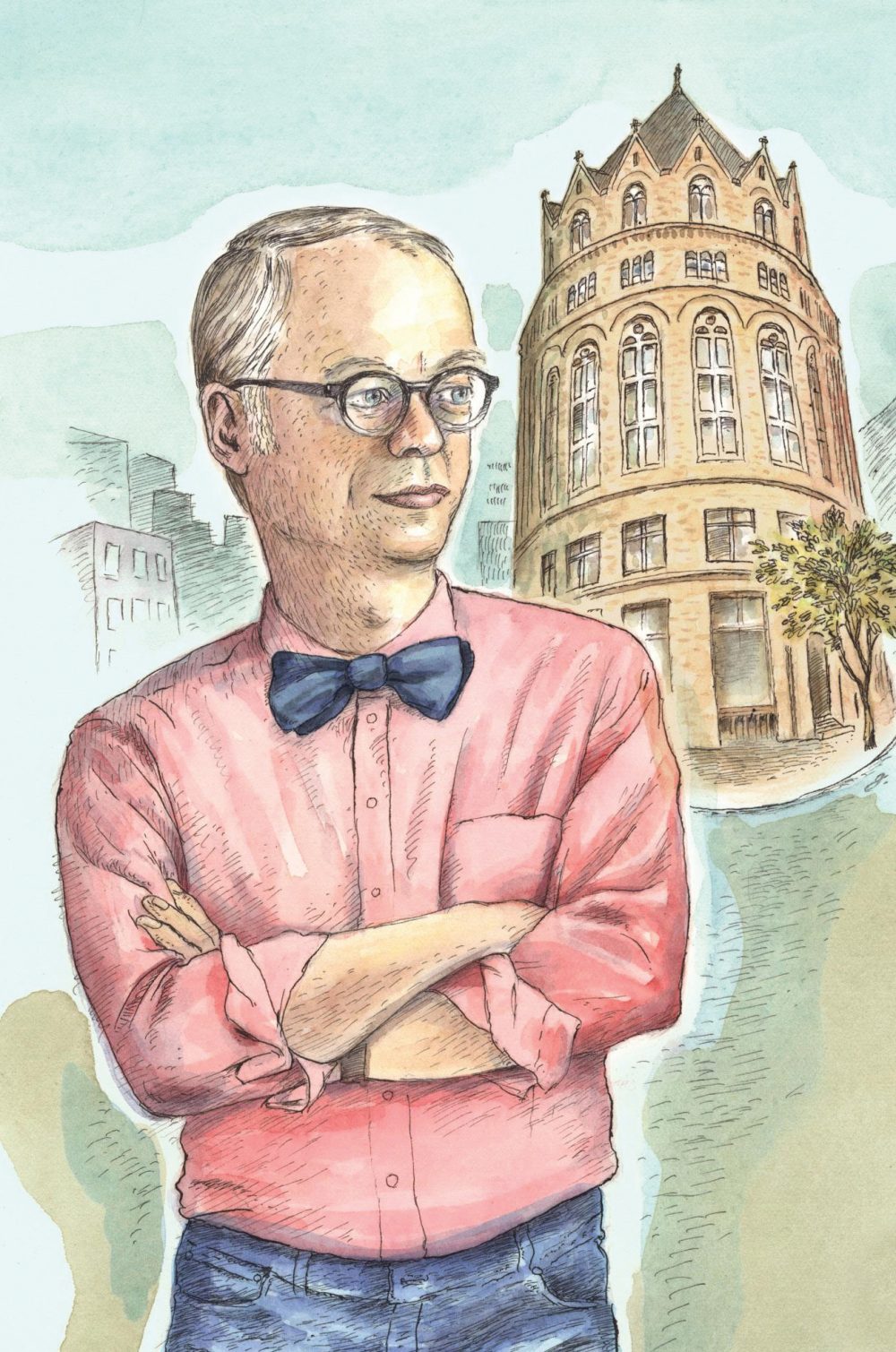Your email address is required to begin the subscription process. We will use it for customer service and other communications from Milk Street. You can unsubscribe from receiving our emails at any time.
Old Yeller
Back to March - April 2023

The president of the Old Rabbit Hunter’s Association, Tom, can fix anything, whether it is replacing hydraulic lines on a backhoe or cleaning a furnace. I recently spotted a Jonsered chainsaw in the back of his pickup. I asked him if it was one of my old saws, and he said, “Yup. I took it home, cleaned the carburetor, changed the gas filter and plug, and it started right up. Good as new.”
About the same time, I watched three old-timey movies: “Old Yeller,” “Where the Red Fern Grows” and “The Yearling.” I was taken by the main characters in these movies—each a coming-of-age boy who faces life’s challenges. In “Old Yeller,” 14-year-old Travis has to take over for his father, who is off on a long cattle drive. In “Where the Red Fern Grows,” 10-year-old Billy saves money for two years to buy hunting dogs, then walks 30 miles barefoot to pick them up at a train depot. In all three stories, the film ends with death (dogs and deer) and a hard life lesson, one that is accepted with equanimity.
Yes, these movies contain stereotypes. Mothers are secondary characters, fathers are primary, and the younger sisters are there just to fill out the family album. The worst injustice, however, may have been the tortured lines given to Gregory Peck in “The Yearling,” as in the funeral oration for the crippled neighbor, Fodderwing: “The birds come to him, and the varmints moved free about him, and like as not he could o’ takened a she wild-cat right in his pore twisted hands.”
But what is most surprising, and refreshing, is the amount of freedom and personal responsibility awarded to the main characters. They kill deer for meat, split rails for fenceposts, go on bear hunts, track down a passel of wild hogs to notch their ears, and sleep in the cornfield at night to ward off hungry raccoons. When I first saw these films, none of this seemed unusual since I grew up milking cows, haying, hunting in the mountains alone, riding a horse all over town, splitting wood and feeding pigs. And the true Vermont kids I knew—I was just a flatlander—were expected to contribute their sweat and labor daily, efforts that were integral to the well-being of the family.
Today, most of us don’t need to know how to sharpen a chainsaw, field-dress a deer, repair an internal combustion engine, handle minor injuries or fix a dishwasher. The one physical skill that is still available to us is cooking. And I am shocked when someone says that they don’t know how to cook, as if this were a bridge too far. We no longer need to be carpenters, plumbers, electricians, mechanics or doctors—we pay someone else to do that work. But we can, and should, be cooks.
I have never met, as far as I know, an unhappy cook. Like the characters in those old movies, the laying on of hands—whether it’s a dog leash or a kitchen knife, a shovel or a skillet—helps one focus on the moment, pushing away doubt and fear.
Most of all, cooking helps restore one’s sense of self, as Piglet and Pooh point out in “Winnie the Pooh”:
“When you wake up in the morning, Pooh,” said Piglet at last, “what’s the first thing you say to yourself?”
“What’s for breakfast?” said Pooh. “What do you say, Piglet?”
“I say, I wonder what’s going to happen exciting to-day?” said Piglet.
Pooh nodded thoughtfully.
“It’s the same thing,” he said.
March - April 2023
